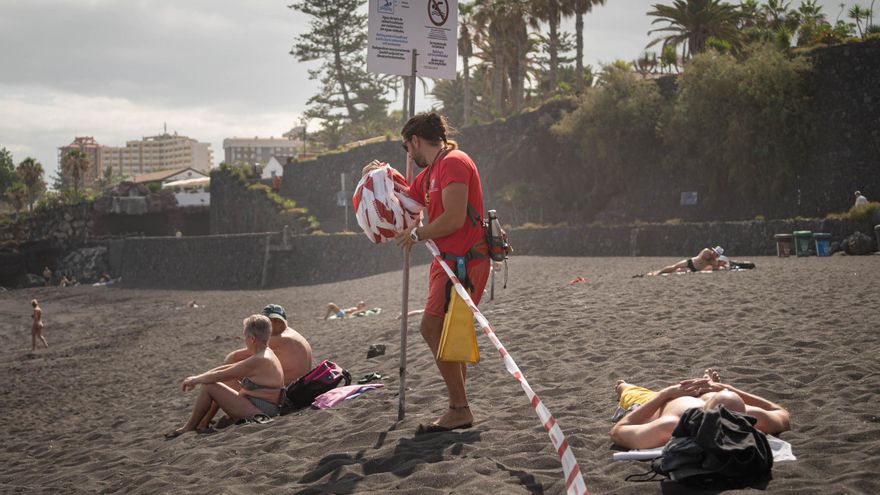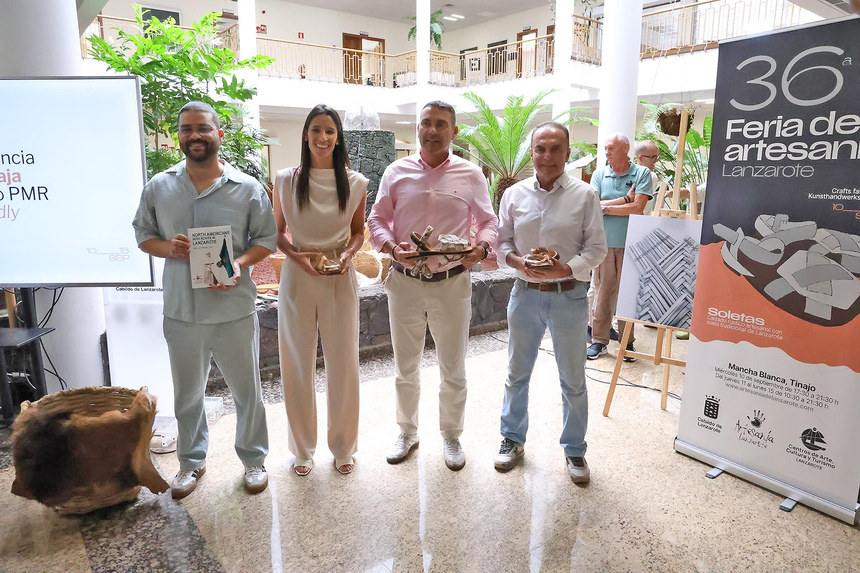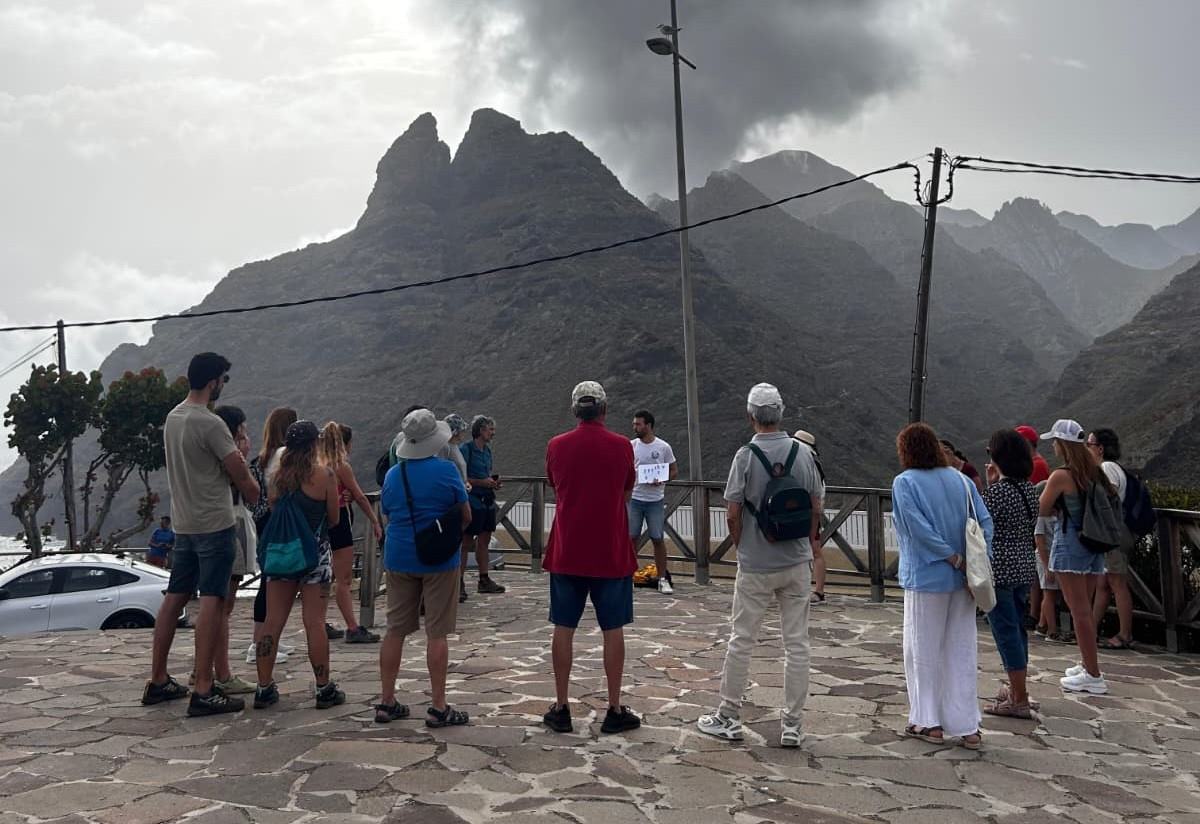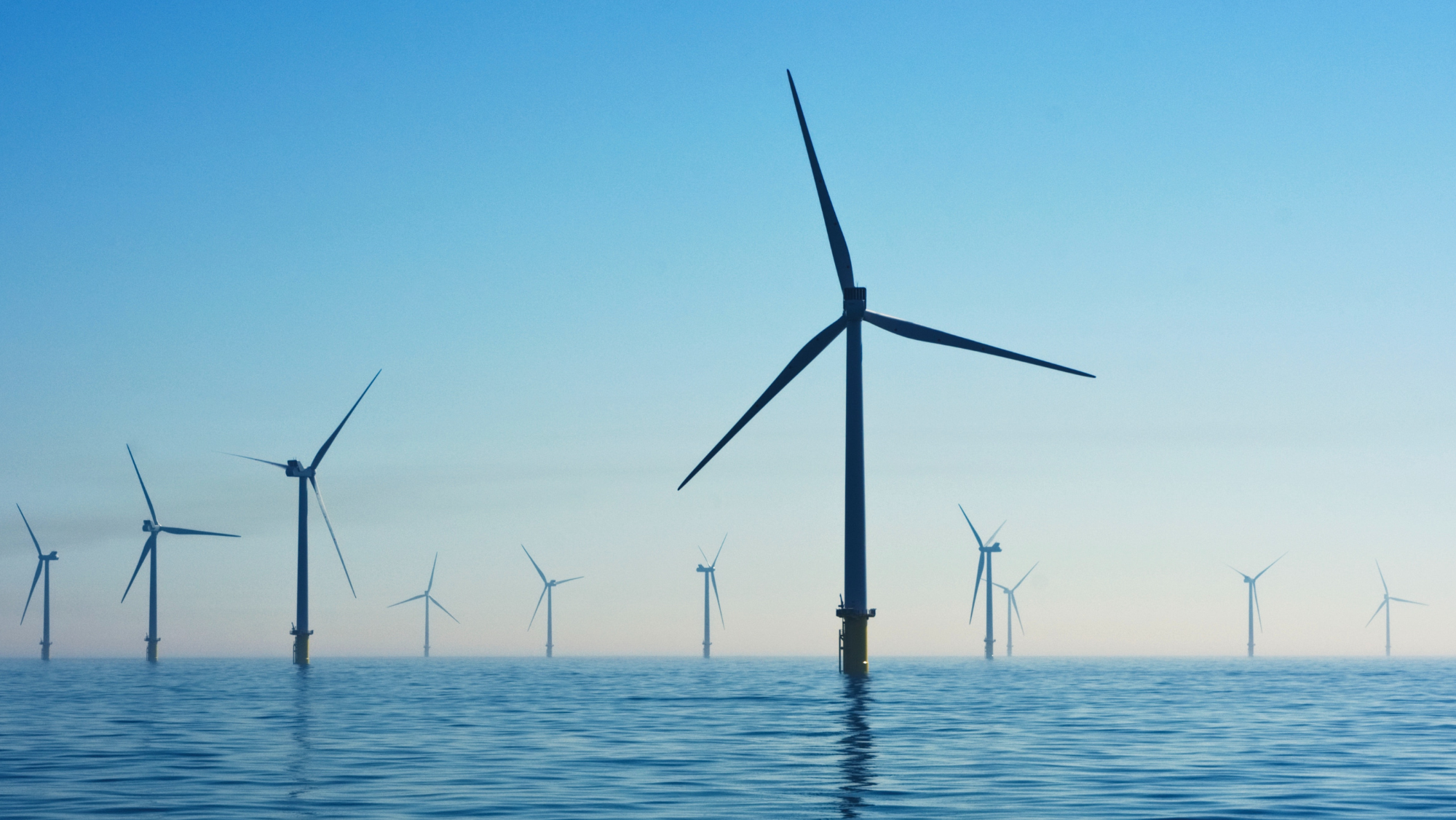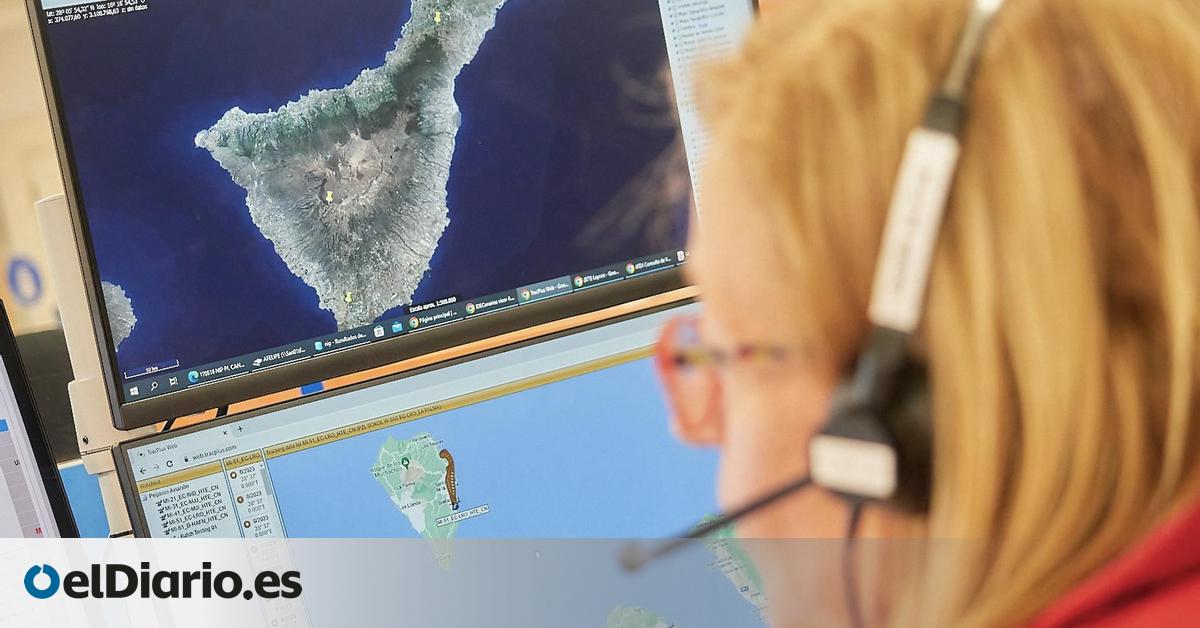Negligence Leads to Severe Contamination Crisis at Tenerife Beach
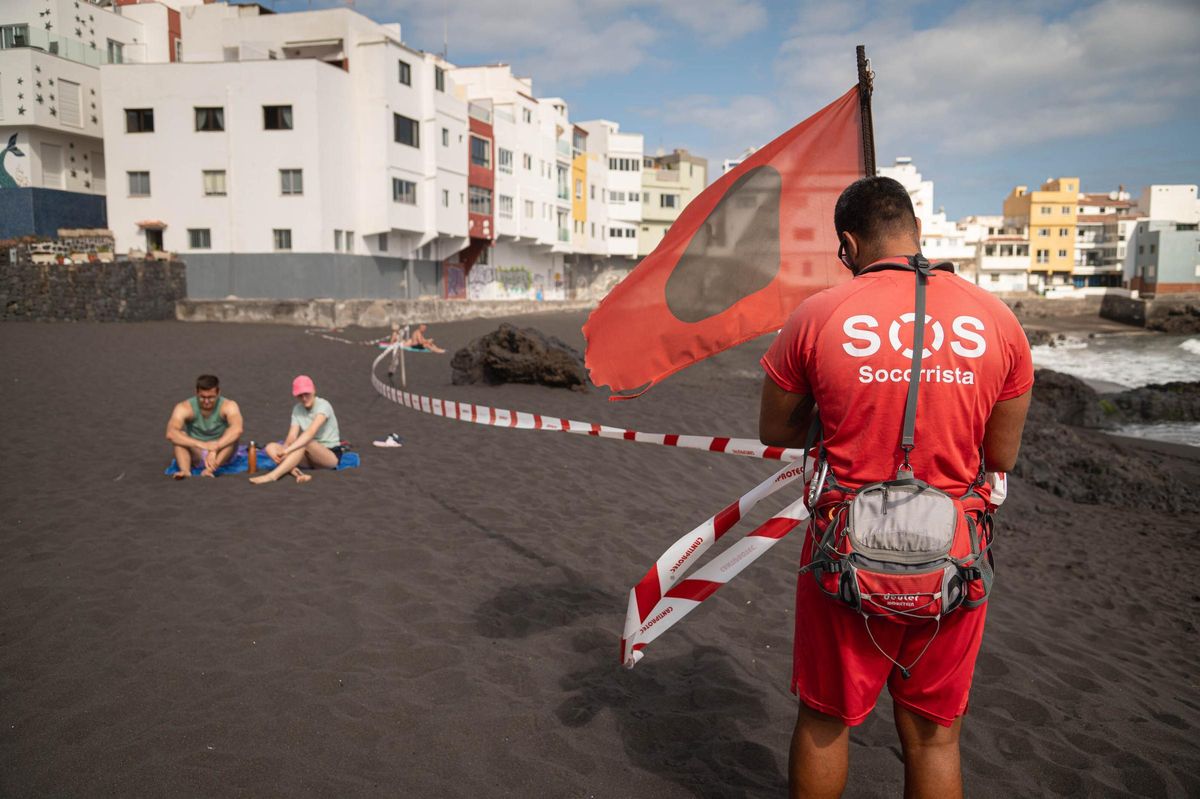
Lifeguard removing the barrier after swimming restrictions were lifted at Playa Jardín, Puerto de la Cruz, on June 17. / Arturo Jiménez
A chain of negligence in the sanitation and thedischarge ofwastewater into the sea led to the worst contamination episode at a Tenerife beach. This is the conclusion reached by the Environmental Prosecutor of the province against five public officials and one technician, regarding the closure for 349 days (from July 3, 2024, to June 17, 2025) of Playa Jardín, the main bathing area of the Puerto de la Cruz municipality, due to the presence of faecal bacteria in its waters.
Prosecutor Francisca Sánchez identifies evidence of an environmental crime in the actions of Marco González, former mayor of Puerto de la Cruz (PSOE) until August 16 last year, and the current councillors of this municipality, David Hernández and Alberto Cabo (both from Assembly for Puerto). The investigation also implicates the Minister for Natural Environment of the Cabildo of Tenerife, Blanca Pérez (Coalición Canaria), and the former Tourism and Environmental Minister Alberto Bernabé (CC).
List of Accused
A senior technician is also named in the report, as confirmed by sources from the public prosecutor’s office to EL DÍA: Javier Davara, manager of the Tenerife Island Water Council, an entity dependent on the Tenerife Island Corporation.
Chronology of Events
The investigation began in August 2024, a month after bathing was prohibited at this complex of three black sand coves due to health risks posed by high faecal bacteria levels. The inquiry was initiated after the Canarian Association of Environmental Consultants submitted a report on the contamination at this beach on July 23. Subsequently, the investigation was extended for an additional six months.
Accusations in Detail
The facts prompting the complaint, submitted to the courts in Puerto de la Cruz, accuse the municipality’s government of serious oversight. Prosecutor Sánchez notes significant shortcomings in the local sanitation network, particularly affecting the Punta Brava neighbourhood, located directly next to Playa Jardín.
In Punta Brava, “there are a number of homes not connected to the sewage system“, which collects wastewater and transfers it to treatment plants to fully or partially eliminate the contamination.
These households reportedly “discharge domestic waste into a cesspit.” The public prosecutor emphasizes that management of infrastructure is the responsibility of local councils, as outlined in the Law Regulating Local Regime Bases.
Responsibility of the Municipality
The complaint also holds the Porto de la Cruz council accountable, particularly during the term of Marco González (2019-2023 and the first year of the ongoing term 2023-2027), for the discharges of sewage from the El Caletón and Playa Chica pumping stations.
For these discharges, which occur when these pumping stations become saturated, “prior and required approval was never obtained from the Puerto de la Cruz council.” Moreover, the Environmental Prosecutor’s office reminds that the Agency for the Protection of the Natural Environment, dependent on the Government of the Canary Islands, fined the Puerto de la Cruz council “for discharges via the emergency overflows” from these stations, “with no records of the council requesting legalisation for such actions.”
The document submitted to the courts specifies that these stations at El Caletón and Playa Chica “lack treatment prior to discharges” and that there are “documented records” indicating that between January and June 2024 they released contaminating water into the sea without any treatment and without authorization.
Requirement for Oversight
“It is the Puerto de la Cruz council that must ensure,” asserts prosecutor Francisca Sánchez, that the bathing areas within its jurisdiction, such as Playa Jardín, “remain clean, hygienic, and safe, overseeing nearby discharge points to prevent contamination of the waters, strictly adhering to the obligation of collecting, treating, and discharging wastewater, identifying sources of pollution and addressing them within its competencies.”
However, the Environmental Prosecutor’s Office believes that the northern council did not fulfil these legal obligations, which, along with other deficiencies and failures, led to a progressive degradation of the water quality at Playa Jardín that the Directorate General of Public Health of the Canary Islands Government repeatedly warned about, particularly from 2021 onwards.
Although the council advised against bathing at Playa Jardín from July 3, 2024, following a health warning issued 13 days earlier, the prosecutor states in the complaint that the microbiological indicators indicated “insufficient water quality” since before, at least since March of that same year 2024, due to faecal contamination.
Tenerife Island Water Council
The Environmental Prosecutor also points to the Tenerife Island Water Council (CIATF), a public entity dependent on the Cabildo of Tenerife. In the conclusions of her investigation, she asserts that the CIATF has neglected its duties of monitoring discharges and maintaining the pipelines.
Specifically, she blames the CIATF for failing to provide data to the Vice-Ministry of Environment of the Government of the Canary Islands concerning the monitoring and control program of the discharges. It also failed to provide data on the structural quality of the discharge pipelines, mainly the submarine outfall that discharges pre-treated water into the sea from the Punta Brava treatment plant, which collects residual effluent from the municipalities of Puerto de la Cruz, Los Realejos, La Orotava, and parts of La Guancha.
Breakage of the Outfall
The prosecutor also accuses the Tenerife Island Water Council of a lack of diligence in repairing a break detected in this submarine outfall from the regional treatment plant. Francisca Sánchez recalls that on July 10, 2020, four years prior to the closure of Playa Jardín, the CIATF informed the Canary Government that during an underwater inspection a leak was detected, the repair of which did not commence until June 2023.
“Since the closure of Playa Jardín, the only actions taken by the CIATF have been temporary repairs to the submarine outfall until a definitive solution can be implemented, which would involve replacing a section of about 240 meters, as it is an outdated infrastructure,” she explains.
The prosecutor adds that there are other issues arising from what she regards as negligent action by the Council, such as the lack of treatment at the Punta Brava plant and the excessive use of chlorine to eliminate bacteria and viruses. “The use of chlorine for wastewater treatment can pose risks, especially if the wastewater has not received sufficient treatment.”
Criminal Offence
These are the primary facts for which the Environmental Prosecutor of the province believes that the six accused individuals may have committed an offence against natural resources and the environment, as outlined in articles 325 to 331 of the Criminal Code. The prison sentences for this offence, if convicted, can range from six months to three years.
Subscribe to continue reading


